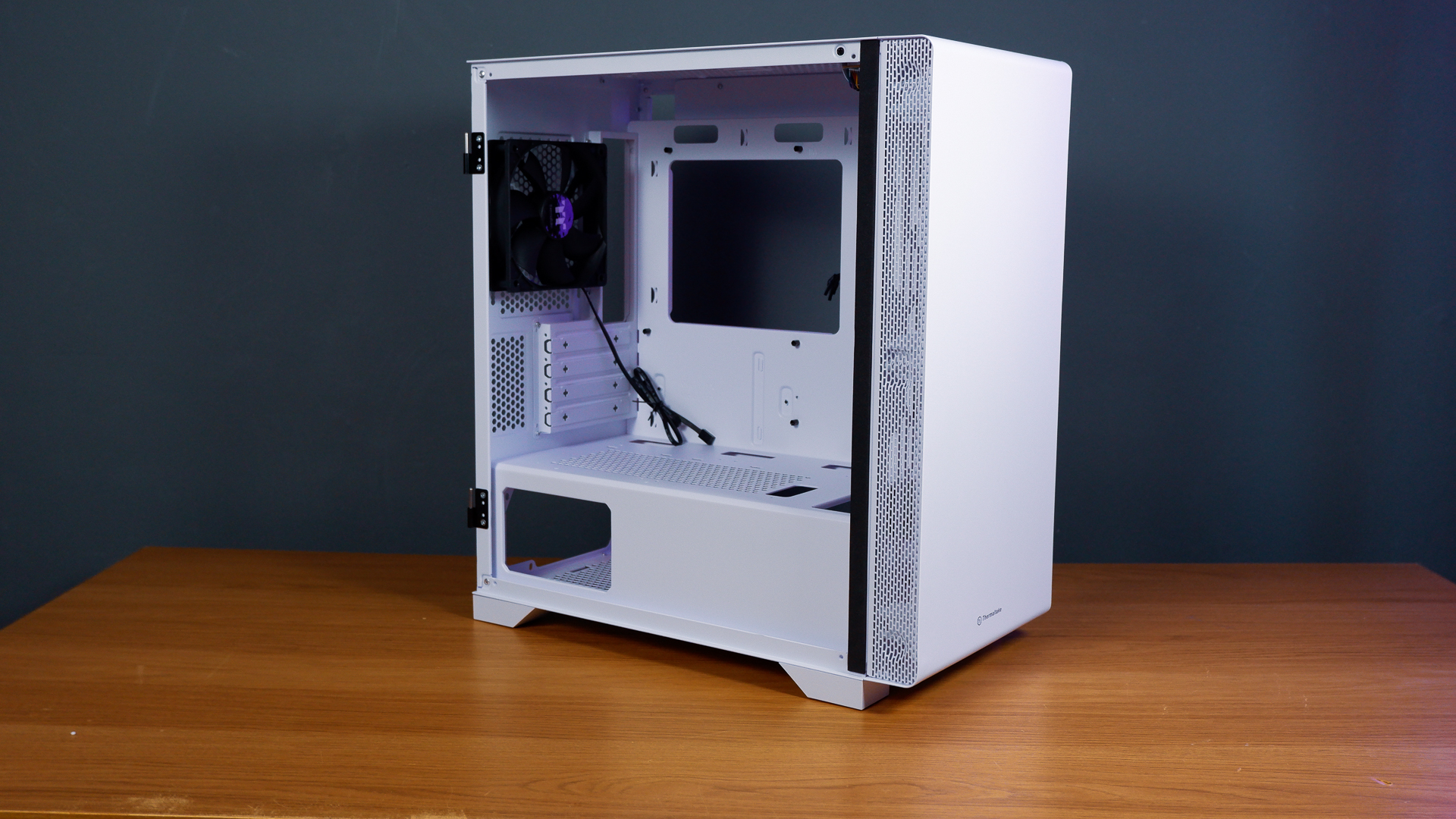Nvidia Ampere's colossal RTX 3080 heat sink has been snapped in greater detail
There you have it—further proof of Nvidia's next-gen Ampere Founders Edition design.

So this is what the RTX 3080 will look like then. The flurry of Nvidia RTX 3080 leaks continues with a Reddit user posting further images of an Nvidia Ampere Founders Edition heat sink, and it appears as though previous leaks were accurate as to the topsy-turvy design of the high-end graphics card.
The image comes from user LeeJiangLee on Reddit, who posted no further information other than the image. The heat sinks pictured tell us just about all we need to know anyways—all three are identical to one another and each one appears to be fit for the graphics card leaked just a few days ago. They also appear to be production line quality, and not early samples as first suspected.
RTX 3080? from r/nvidia
While the image isn't entirely telling in itself, it does add further legitimacy to those past leaks and the final design of Nvidia's next-generation GeForce graphics cards—not my cup of tea, but apparently some of you really like the design. The recent snap also seemingly confirms that Nvidia is indeed ramping up its efforts for Ampere's release date, which suggests a launch this side of September.
The rumour mill is already at full speed, too. The latest would have Nvidia releasing three new RTX 30-series cards in the high-end market: the RTX 3080, RTX 3080 Ti/Super, and RTX 3090 Ti/Super. Yep, three cards, a new moniker, and up to 350W TDP. Damn.
And looking at all that metal comprising the heat sink, it's easy to see why it's suggested the Founders Edition shroud alone will cost $150. Ouch.
Keep up to date with the most important stories and the best deals, as picked by the PC Gamer team.

Jacob earned his first byline writing for his own tech blog. From there, he graduated to professionally breaking things as hardware writer at PCGamesN, and would go on to run the team as hardware editor. He joined PC Gamer's top staff as senior hardware editor before becoming managing editor of the hardware team, and you'll now find him reporting on the latest developments in the technology and gaming industries and testing the newest PC components.

